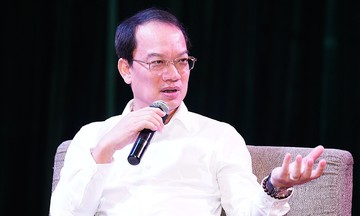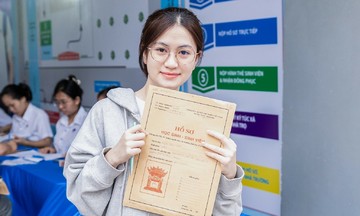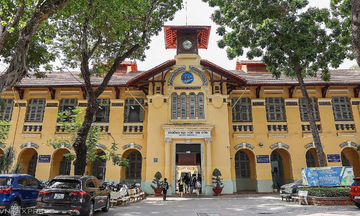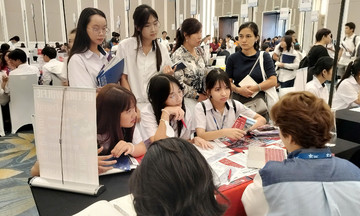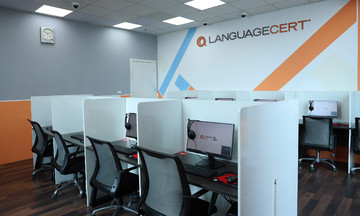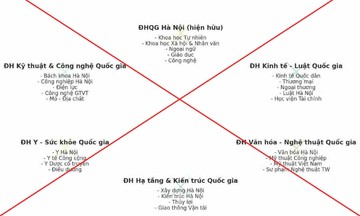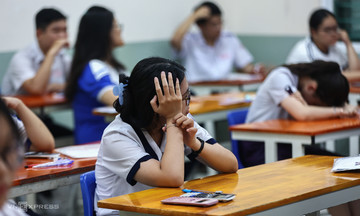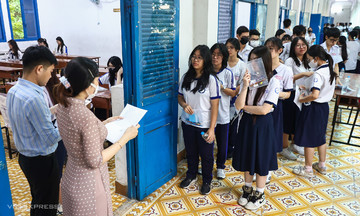The Tech4Life Expo & Summit 2025, held on 18-19/9 in Ho Chi Minh City, was co-organized by the Ho Chi Minh City Department of Science and Technology and the Vietnam Software and IT Services Association (Vinasa). As part of the event, FPT University co-hosted the "AI and the future of work" seminar, bringing together experts, educators, and businesses to discuss the impact of AI on the labor market. Many presentations highlighted the significant opportunities presented by AI, while also emphasizing the challenges it poses to educational restructuring in preparing a workforce capable of adapting to and leading the future.
AI and the shift in educational thinking
Artificial intelligence is comprehensively changing teaching, learning, and assessment in education. Speaking at the seminar, Tran Tuan Anh, Deputy Director and Head of Training at FPT University's Ho Chi Minh City campus, posed the question, "If AI can answer better than a teacher, what will the teacher do? This is a question we've faced since the advent of ChatGPT." He believes that AI is fundamentally altering how people learn and work, forcing education to redefine its role.
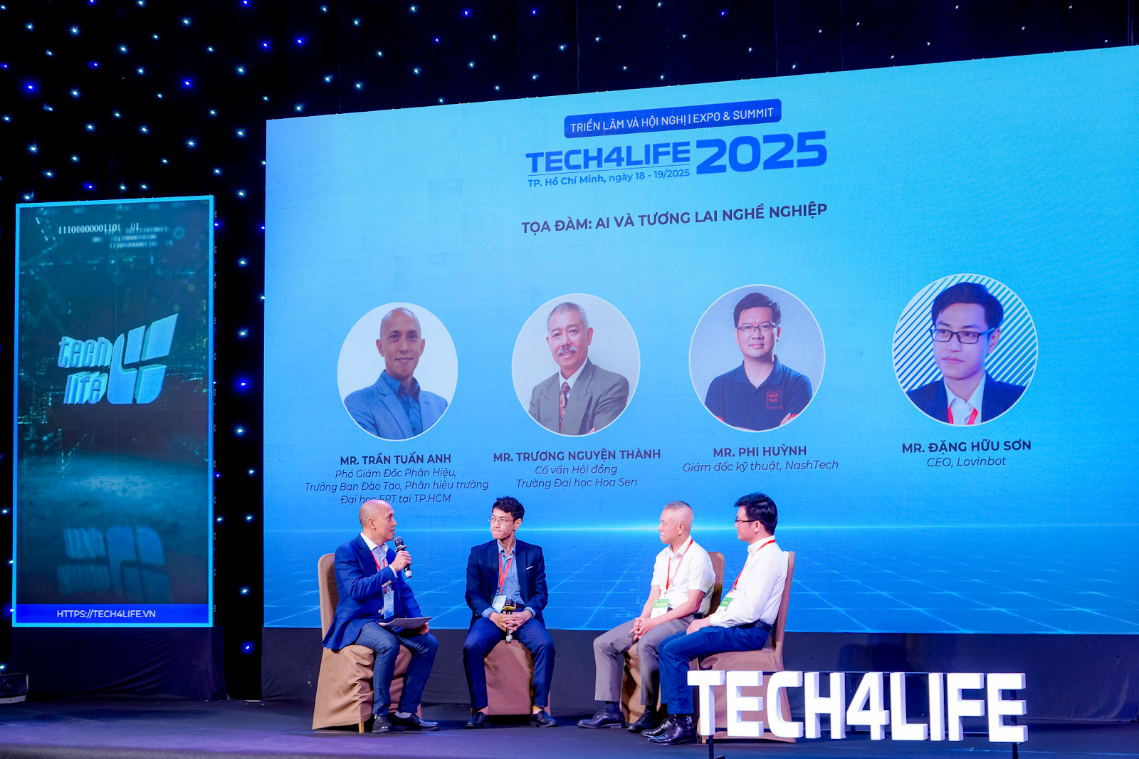 |
Tran Tuan Anh - Deputy Director and Head of Training at FPT University's Ho Chi Minh City campus (left) speaking at the seminar. Photo: FPTU |
Tran Tuan Anh - Deputy Director and Head of Training at FPT University's Ho Chi Minh City campus (left) speaking at the seminar. Photo: FPTU
In response to this challenge, FPT University has chosen to "rebuild from the ground up" its training programs. "We haven't left a single stone unturned," Tran Tuan Anh emphasized. The university is reviewing each course based on industry demands and labor market shifts. Obsolete courses are being replaced, key courses are being updated with AI content, and new modules are being introduced to equip students with practical skills. As a pioneer in integrating technology into education, FPT University is implementing an "AI-First" model across most of its programs.
Sharing similar concerns at the seminar, Professor Truong Nguyen Thanh, Vice Chairman of the Advisory Board at Hoa Sen University, pointed out that teachers can use AI to create tests, students can use AI to complete them, and AI can even participate in grading. This raises the question of whether schools should ban AI or adapt to it. Professor Thanh believes that instead of worrying, education should leverage this tool to enhance teaching and learning effectiveness.
He stated that to maximize the potential of technology, schools need to invest in data-integrated learning management systems (LMS), considering them the foundation for digital transformation in education. "AI doesn't replace people, but it is a tool to help teachers teach better and students learn more effectively," Professor Truong Nguyen Thanh affirmed.
Challenges and leverage for future careers
Oscar Lopez Alegre, President of the Spanish Chamber of Commerce in Vietnam and CEO of Nextway Technology, also emphasized that AI is not just a technological tool but a system with the potential to profoundly impact society, ethics, and employment. Therefore, those working with AI need analytical skills, the ability to question, and the capacity to assess the impact of their creations rather than simply focusing on programming speed or existing algorithms.
He also highlighted the major challenges facing the younger generation, from data bias to ethical risks associated with AI applications in daily life. Critical thinking enables them not only to identify problems but also to offer more creative and responsible solutions. In other words, it is the foundation for building AI products that are both technologically advanced and humane, contributing to a sustainable digital future.
As the leader of Lovinbot, a startup pioneering the application of generative AI in marketing in Vietnam, Dang Huu Son, CEO of Lovinbot, emphasized that AI is transforming how people search for and pursue their dream jobs. While the job application process previously relied heavily on personal connections and subjective impressions, AI now allows candidates to personalize their profiles, automate screening, and even simulate interviews. According to Son, applying technology not only saves time but also increases the chances of standing out among hundreds of competing applications.
From his own experience, Son has developed a "4-step strategy for conquering jobs": choosing target companies, building projects to validate skills, networking with industry professionals, and preparing to be an "expert candidate" in interviews.
He affirmed that AI is a tool that helps individuals research the market, analyze companies, identify their strengths, and present themselves more professionally. With the support of AI, the journey to finding a dream job is no longer a vicious cycle of trial and error but can become a strategic and effective roadmap.
Phi Anh Tuan, Member of the Vinasa Executive Board and Chairman of PAT Consulting, believes that everyone can use AI to advance their careers and lives. Sharing a story about a woman in her seventies who uses AI tools like ChatGPT and Gemini for online businesses, he emphasized, "AI is just a tool; human creativity and experience determine quality." From his own challenging beginnings as a student to his experiences in international business and startups, he has learned the importance of acquiring foundational knowledge, systems thinking, overcoming adversity, and maintaining self-belief.
Based on these perspectives, Tran Tuan Anh also affirmed that education needs to train students to become a workforce with a solid foundation, specialized knowledge, and interdisciplinary understanding. It should also cultivate core skills such as critical thinking, problem-solving, adaptability, and lifelong learning.
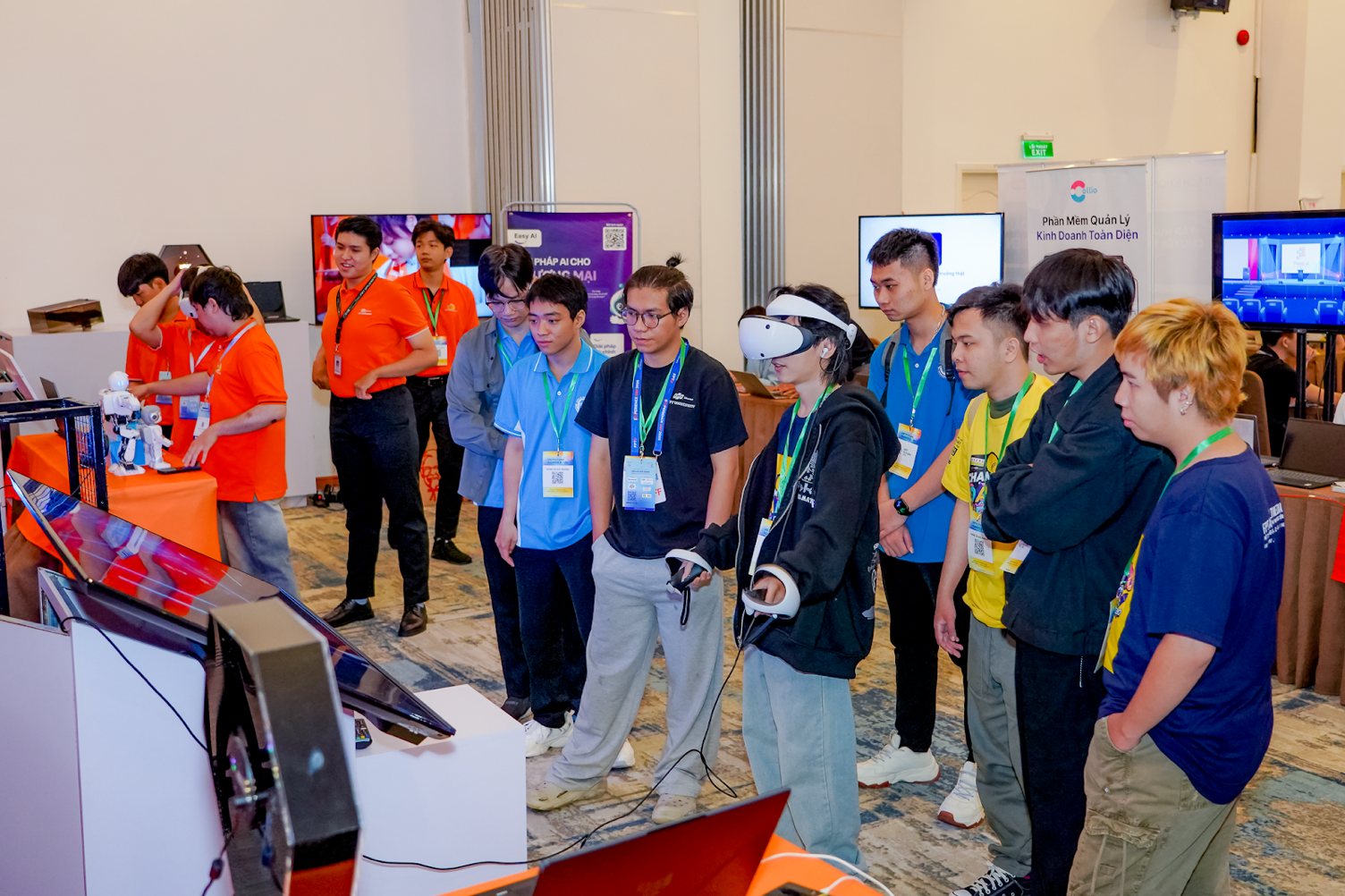 |
FPTU's booth attracts young people to visit and experience technology products. Photo: FPTU |
FPTU's booth attracts young people to visit and experience technology products. Photo: FPTU
In addition to co-hosting the seminar and contributing expert insights in the field of AI, FPT University also impressed attendees at Tech4Life Expo & Summit 2025 with 10 student technology projects displayed at exhibition booths. These included: Memora - Language Garden: an AI-powered Japanese learning app; EmoEase: for sharing emotions and promoting mental well-being; Artline: for managing creative production processes; Hypersona: an AI assistant for marketing and sales; Blood Moon RPG: a Vietnamese fantasy game series; and STEM Education Kit: a STEM kit researched, designed, and demoed by FPT students. The booths attracted hundreds of thousands of visitors and showcased the university's "AI First" curriculum.
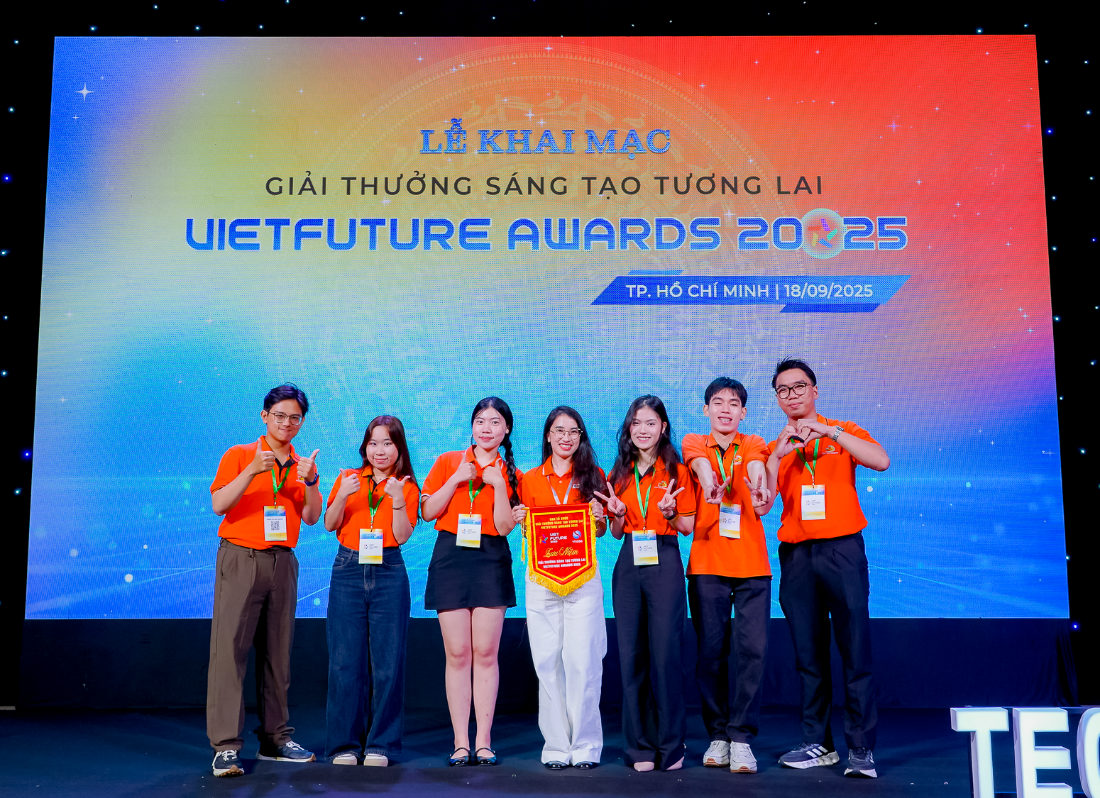 |
FPTU students at the national final of VietFuture Awards 2025. Photo: FPTU |
FPTU students at the national final of VietFuture Awards 2025. Photo: FPTU
FPTU also made its mark with students winning two major awards at VietFuture Awards 2025. TaskSpace, an academic project management application, won first prize overall, while ReHistoria, an application for exploring historical sites using virtual reality technology, received the potential award.
The Dan



